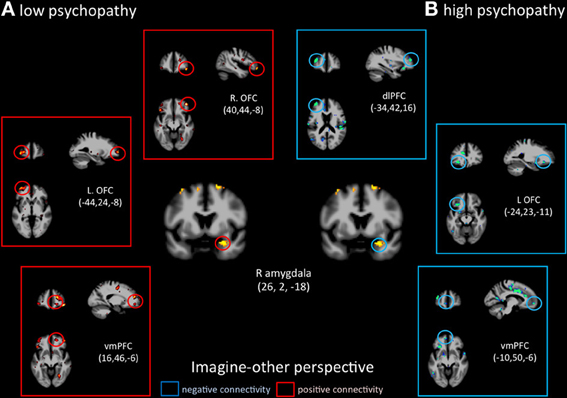The Hare Psychopathy Checklist Revised Pdf Download
Download from: www.pbarrett.net. The Psychopathy Checklist Revised (PCL. R: Hare, 1991, 2003) provides three scores to be used in the assessment. The Hare P-Scan is used as a rough screen and is used in law enforcement and other areas to detect the possible presence of psychopathy and to manage risk for criminal or violent behavior. Kmspico v931 activator for windows and office. The Hare Psychopathy Checklist - Revised was initially developed when dealing with adult males.
Sponsored Links The Hare Psychopathy Checklist which has been recently revised and is quickly being used much more worldwide, as the standard diagnostic with it’s high level of reliability for researchers, psychiatrist and psychologists. The PCL-R and PCL:SV are valid predictors of violence and response to any therapeutic intervention decided for the patient respectively.

These play a very important role in most of the recent risk-for-violence situations presented. The PCL-R is now considered “state of the art” and one of the most comprehensive check lists available after being reviewed for both clinical situations and for the purpose of research, in Buros Mental Measurements Yearbook of 1995. The links above are meant for personal use only. **Please be advised that the information provided here is not meant to provide any psychological or psychiatric diagnosis of any kind whatsoever. If you feel after examining the links above that you may be in need of psychiatric or psychological assistance, please contact a mental health facility in your area and speak with a professional with regards to your concerns.
Again, these links are in no way meant for anyone to “diagnose” anyone else, friends, family members’s, colleagues, neighbors, anyone at all, at any time.** Sources • •.
Take the Levenson Self-Report Psychopathy Scale. Note: the online test is not a real diagnosis and is intended for personal use only. The Hare Psychopathy Checklist-Revised (PCL-R) is a diagnostic tool used to rate a person's psychopathic or antisocial tendencies. It was developed in the 1970’s by Dr. Robert Hare, a Canadian professor and researcher renowned in criminal psychology, who has spent three decades studying the concept known as the psychopath and based partly on Hare’s work with prison inmates in Vancouver.

Because psychopaths are often repeat offenders who commit sexual assaults or other violent crimes again and again, the PCL-R is used in the courtroom and in institutions as an indicator of the potential risk posed by individuals in psychiatric units or prisoners. The results of the examination have been used as a factor in deciding the length and type of prison sentences and the treatment subjects should or should not receive. It is accepted by many in the field as the best method for determining the presence and extent of psychopathy in a person. A modified youth version is also available for ages 12 – 18.
Robert Hare is the author of popular science bestseller, Without Conscience: The Disturbing World of the Psychopaths Among Us and the co-author of Snakes in Suits: When Psychopaths Go to Work The Hare PCL-R contains two parts, a semi-structured interview and a review of the subject's file records and history. A 20-item symptom rating scale that allows qualified examiners to compare a subject's degree of psychopathy with that of a prototypical psychopath.
Each of the twenty items is given a score of 0, 1, or 2 based on how well it applies to the subject being tested. Because an individual's score can have important consequences for his or her future, Hare argues that the test should only be considered valid if administered by a suitably qualified and experienced clinician under scientifically controlled and licensed, standardized conditions. To encourage thoughtful and respectful conversations, first and last names will appear with each submission to CBC/Radio-Canada's online communities (except in children and youth-oriented communities). Pseudonyms will no longer be permitted. By submitting a comment, you accept that CBC has the right to reproduce and publish that comment in whole or in part, in any manner CBC chooses. Please note that CBC does not endorse the opinions expressed in comments. Comments on this story are moderated according to our.